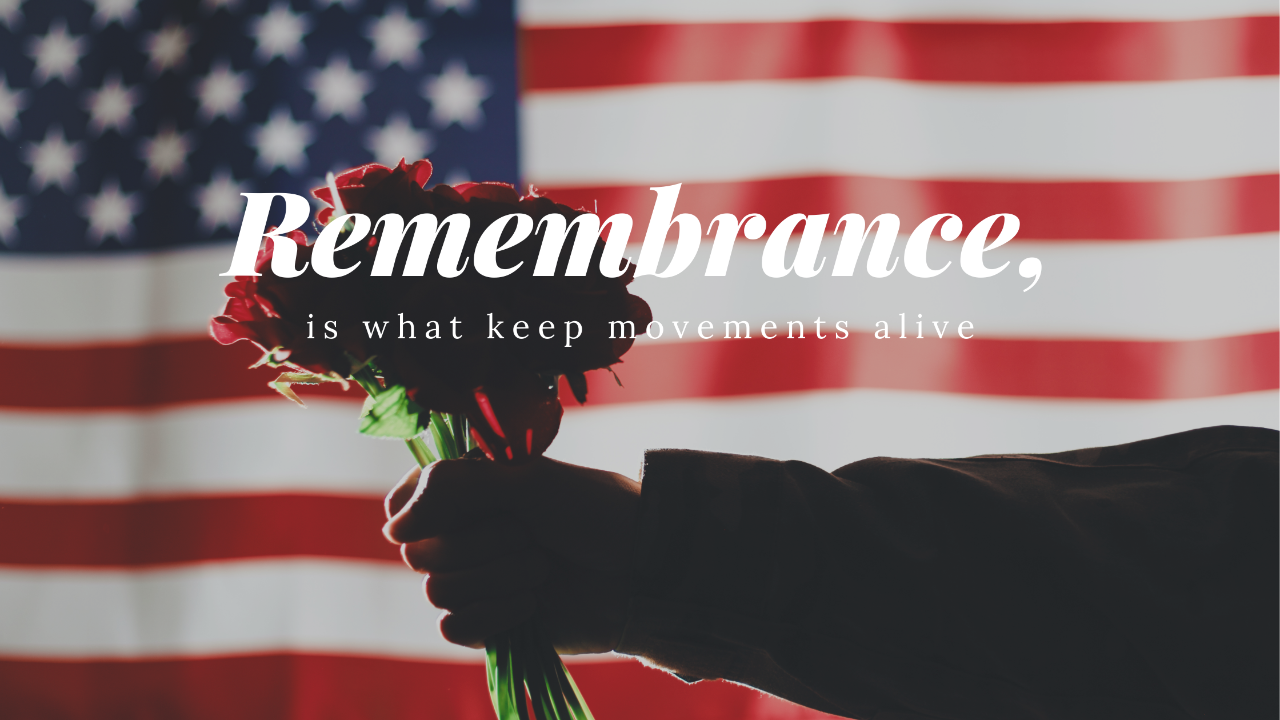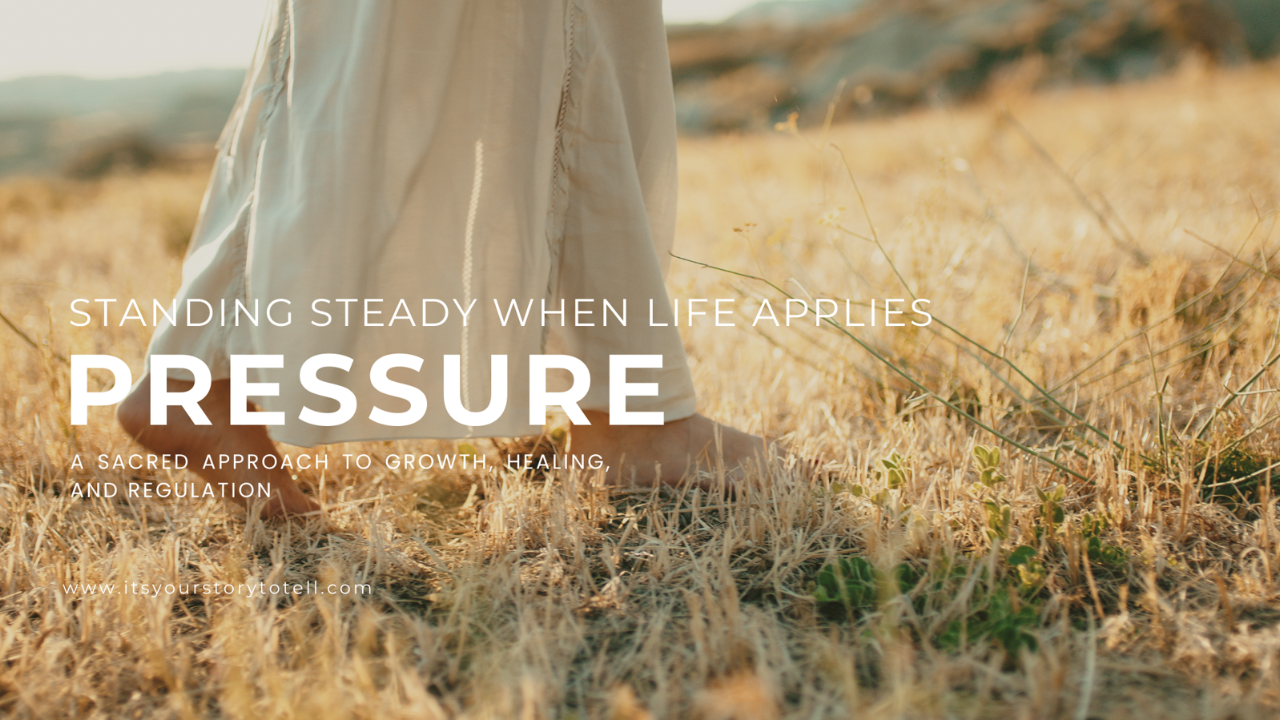Understanding Grief: The Nature, Effects, and Healing Process Explored with Recent Research Findings
May 29, 2023
Grief, a universal experience triggered by a significant loss, encompasses a range of emotional responses. This article delves into the nature of grief, its effects on the brain, and the natural healing process. Additionally, it incorporates recent research findings to provide a comprehensive understanding of this complex phenomenon and how it impacts our lives.
What is Grief?
Grief is a multifaceted emotional response characterized by sadness, anger, guilt, confusion, and longing following a loss. Grieving is a unique and non-linear process, varying from person to person. While grief is commonly associated with the death of a loved one, it can also arise from other types of loss, such as the end of a relationship or the loss of a job.
There are several different kinds of grief. One is complicated grief, which describes a very intense, debilitating grief that does not seem to decrease. Distorted grief is another, which typically comes with an uncharacteristic change in behavior following a loss. Anticipatory grief is the type of grief that comes before the actual loss, such as witnessing a loved one slowly lose their battle with a terminal disease.
All of the different types of grief are grouped together under one umbrella, characterized by loss and a life-changing emotional reaction to it. In her 1969 book On Death and Dying', Elisabeth Kübler-Ross proposed a patient-focused model known as the "Five Stages of Grief" (1). Though there are other, more recent models, the Five Stages are still the most famous.
And they are:
- Denial - "a main defense mechanism to cope with difficult situations".
- Anger - "outbursts, rage, extreme sadness, and isolation".
- Bargaining - "negotiating in order to get a desired outcome".
- Depression - "a deep sadness when one experiences a loss".
- Acceptance - "at this stage, one has come to terms with the loss".
Kübler-Ross also wrote that these five stages are non-linear. Sometimes, you may be feeling one of them, other times you may experience more than one at once. Some people may only go through three or four of the stages, other people may have one stage that they return to multiple times.
Grieving is completely unique and an emotional process that we will all go through at least once in our lives. Grief is hardest when it is fresh and remains difficult as you move through the Five Stages.

Living With New Grief
To live with new grief means to live a completely upended life. Often, the emotional pain caused by grief is overwhelming and makes it difficult for the grieving person to go about their everyday life. All of the emotions that come with grief can hit unexpectedly, especially when you see, do, or say something that reminds you of the person or thing that you have lost. As a result, life becomes unpredictable. You might feel absolutely fine one day and then overcome grief the next.
Grieving is non-linear because of its unpredictability, which also means that each and every person will grieve in their own way. Some people like to be surrounded by their loved ones at all times for support, whereas others may withdraw and try to process their emotions in private. There is no right or wrong way to grieve, so long as you aren't isolating yourself to the detriment of your own mental health.
And it must not be forgotten that grief can impact your physical health as well as your mental health. Some people feel incredibly stressed by their grief, which can cause headaches and tiredness. Some people lose their appetite, which can lead to hunger and weight loss. And sometimes, grief can bring on anxiety attacks or heart palpitations, particularly if the grief was caused by a very traumatic or tragic event.
Unfortunately, there is no fixed end point to grief, even when you reach the 'Acceptance' stage. Accepting your grief means coming to terms with it and understanding how to continue living your life while it is present. Grief may not go away, especially if it is caused by an irreversible loss, like the death of a loved one, but it can become manageable. Once you can manage your grief, you will be able to look at it without feeling completely overwhelmed by your emotions.

The Brain's Response to Grief
Grief profoundly impacts the brain, influencing various neurological and physiological processes. Recent neuroimaging studies have shown that the amygdala, a region associated with emotions, exhibits heightened activity during grief. This increased activation contributes to the intense emotional reactions experienced, including anxiety, fear, and vulnerability.
A 2021 paper by Gang Chen, Ph.D., sought to "examine the amygdala brain network features that [...] longitudinally relate to grief" (2) by analyzing the amygdala functional connectivity of people who were grieving a loved one and comparing it with people who were not grieving. In simpler terms, this research demonstrated that amygdala activity increased in the grieving participants because they were experiencing intense, difficult emotions.
Furthermore, research has highlighted the involvement of the prefrontal cortex in grief. The brain region, responsible for decision-making and cognitive control, changes grieving. Studies suggest that the prefrontal cortex may struggle to regulate emotions and make rational judgments, leading to difficulties in concentration, memory, and problem-solving. When your brain is overloaded with emotions, it struggles to know what to process first. As a result, it may automatically seek to protect itself from troubling cognitive changes.
These cognitive changes contribute to the "grief fog" or sense of mental overload commonly reported by individuals in mourning. In a 2021 webinar titled, 'Healing Your Brain After Loss: A Neurologist's Perspective', Dr. Lisa M. Shulman touches on why the brain produces grief fog as a response. She attributes it to "an evolutionary adaptation to promote survival in the face of emotional trauma" (3). The brain 'fogs up' in an attempt to protect the individual from the cognitive trauma brought on by grief.
The brain helps you to function, speak, move, and think, and its complexity makes it absolutely central in helping you live your life. However, if you are grieving, your brain is put under immense pressure. Often out of nowhere, it has to process complex emotions, get used to massive changes and still try to keep you going through the heaviness of grief fog. And though this cognitive change works to protect you, it still makes living life every day a challenge.

Recent Research Findings
Recent research has shed light on various aspects of grief and its effects on individuals. For instance, studies have examined the role of social support in the healing process, revealing that having a strong network of supportive relationships can facilitate coping and alleviate distress. It's healthy to work through your emotions in your own head as well, but feeling supported during your grief will stop you from isolating yourself.
Additionally, research has emphasized the significance of self-compassion and self-care practices in promoting resilience and adaptation during grief. Humanistic therapist Joanna Harris recommends mindfulness as a way to approach grief. She advises engaging in mindfulness to "connect with the present moment, as difficult as that moment may be" (4). This will help you connect with yourself and analyze your feelings without judging yourself or being consumed by negative emotions. Often, seeking out coaching or therapy will help you to approach your grief comfortably and mindfully so that you can sort through all your thoughts at your own pace.
Moreover, neuroscientific investigations have provided insights into the potential long-term effects of unresolved or complicated grief. Some studies suggest that prolonged grief may have detrimental consequences on physical health, mental well-being, and overall quality of life. Mental health professionals typically diagnose complicated grief after six months of "unrelenting grief" have passed, and they warn that "14 months is too long to wait before seeking treatment" (5).
Recognizing the importance of addressing grief promptly and effectively, researchers are exploring therapeutic interventions that promote healing and prevent prolonged suffering. Grief is a natural and, unfortunately, common human emotion, but that doesn't mean it can't be dangerous. There is a correlation between grief and depression when people develop the latter while struggling to deal with the former. Grief is an overlooked cause of depression, which makes it even more pertinent that we pay attention to it.
It's essential to seek some form of help for your grief, whether it be from a professional, a friend, or a support group so that you can work to stop it from becoming something even more mentally harmful. There are plenty of people who want to help others and inspire them, and almost all of them will have their own stories of loss and grief to share. Even if you just listen and don't share your own, you will be fulfilling a meaningful connection with other people who understand what you're going through.

The Healing Process
Navigating the healing process involved acknowledging and expressing emotions, seeking support, and engaging in self-care. Recent studies have highlighted the benefits of expressive writing, mindfulness-based interventions, and psychotherapy in facilitating grief recovery. These approaches can provide individuals with effective coping strategies, help them make meaning out of their loss, and foster post-traumatic growth.
Though your grief is not a physical wound, it can be "healed" in a similar way. You'll know what's happened and what caused it, but not necessarily what steps to take next. But it's important not to rush ahead. After all, you wouldn't expect to stand up and walk after breaking your leg, would you? And like a broken leg would need time and care to heal, so does your grieving mind. Even traumas that you can't see need to be treated delicately, for the sake of your health.
Here are some tips to help you navigate grief and move toward healing:
- Write out your thoughts to help you understand them individually.
- Seek out stories (books, podcasts, groups) that other grieving people have shared.
- Socialize comfortably and seek connections with people who ground you.
- Care for yourself physically and try to keep up a basic routine.
- Stay close to other people who have experienced the same loss as you and support each other.
- Begin therapy or professional coaching to create a safe space where you can share your emotions.
- Get plenty of rest.
- Find a safe outlet to deal with your negative emotions, particularly rage.
- Keep up with the things that you love (hobbies, music, food).

Just like grief, healing is completely unique to each person. There is no "right" way to heal from grief and no set time period. When you are in the throes of new grief, you need to take each day as it comes. Simply getting through the day is an achievement when your grief is all that you can think about. It will get easier with time, though those feelings relating to the loss will always be there, under the surface. What will have changed is how you engage with them and how they impact your life.
By acknowledging the individuality of grief experiences, seeking support, and integrating self-care practices, individuals can embark on a healing process that promotes adaptation, resilience, and renewed purpose in life. Grief might feel like it rules your life, but it doesn't. It will take time, but you can regain control and transform your life post-grief. The healing process is what you make it, and it is a long process that may have you wanting to give up at times. But by combining external support with your internal strength, you will be able to endure the pain of grief and heal yourself for a brighter future.
With this renewed sense of purpose, you will discover a version of yourself that is stronger and more resilient than you ever thought possible.
xoxo, Megan & the team
Article Resources
- Choosing Therapy| Five Stages Of Grief
- National Library of Medicine | Amygdala Functional Connectivity Features In Grief
- Healing the Brain After Loss | Watch Lisa Shulman's Webinar Here
- Counselling Directory | The Importance Of Self-Care While Grieving
- Bridges To Recovery | What Are the Signs of Complicated Grief Disorder?

📢 Announcement:
Introducing Trauma Transformation Skills Courses!
Are you ready to take control of your life, break free from the chains of trauma, and unlock your true potential?
We are thrilled to present our transformative Trauma Transformation Skills Courses designed to empower you on your journey toward healing and personal growth.
🌱 Growth Mindset Mini-Course
Identify how your mindset influences the outcomes in your life and break free from self-sabotage, false narratives, and unhealthy coping mechanisms. Cultivating a growth mindset is the pivotal first step in our Transformative Skills Series. Are you ready to live in harmony with your trauma and become the author of your own life?
🔥 Empowerment Mini-Course
Become the hero of your dreams and rescue yourself from the clutches of trauma. In this course, you will gain the tools and actionable steps to approach your life goals with empowerment and sustainable strategies. Unlock your inner strength and harness your true potential. Are you ready to embrace your power and create the life you desire?
💬 Communication Skills Course
Effective communication is a key component of building healthy relationships with others. Discover the various aspects of communication and learn how to evolve your communication skills, allowing you to express your values, needs, and desires more effectively. Find your voice and unlock the power within you. Are you ready to make your voice heard and connect authentically with others?
I'm excited to offer you all three essential skills in one bundle: Growth Mindset, Empowerment, and Communication. With this bundle, you'll have everything you need to start your journey toward a happier, more fulfilling life. The Essential Skills Collection is valued at $837, but for a limited time, you can get it for only $267 as a pre-launch bundle price until June 5th! That's a savings of $570!
But wait, we also have an option for those who prefer to focus on one specific course. Take the opportunity to invest in yourself and experience life-changing transformations as soon as week one after opening the gates to empowerment.
Here's the exciting news: for a limited time, until June 5th, you can secure your spot in any single course for the pre-launch price of only $99 ($279 Value)! That's an incredible savings of $180 towards other resources in your personal growth journey.
It's always the right time to invest in yourself and embark on a path of healing and growth. Don't miss this opportunity to seize your power and unlock your potential. Visit our website or contact us for more information on how to enroll in the single course or the complete Essential Skills Collection. Together, let's transform trauma into triumph and create a life of empowerment, resilience, and fulfillment. Click here to Learn More Today!
View The Entire Collection
See all our blog posts to discover valuable insights and tools for navigating trauma and healing with guidance and support.












